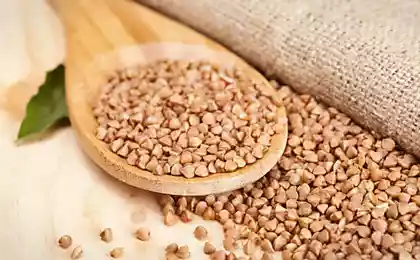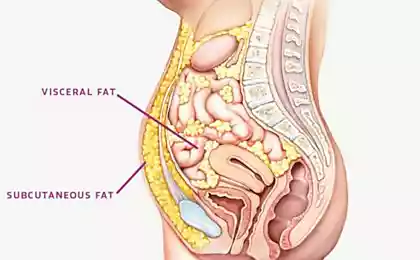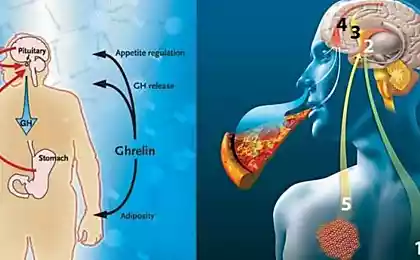661
What is a calorie?
B the modern world, more and more people start to monitor their weight and many, this problem becomes a pathology and calorie counting becomes an integral part of their lives. But few of the representatives of the people, Ohno sitting on a diet, can answer the question "What is a calorie?". There are those who believe that the substance from which we get fat. Let's face it.
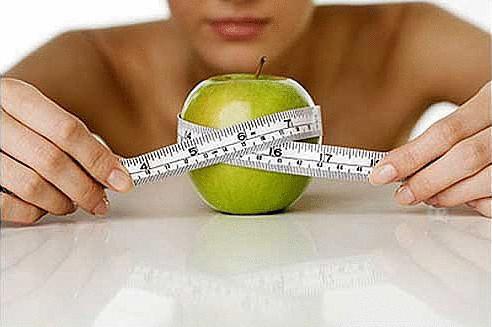
Calorie is not a substance, not a vitamin, not a protein and not fat. Calorie is the amount of heat needed to raise 1 gram of water by 1 degree Celsius. A kilocalorie is one thousand calories. Calorie is just a unit of measure, and from it we gain weight I can not, as many believe. But the connection is still there.
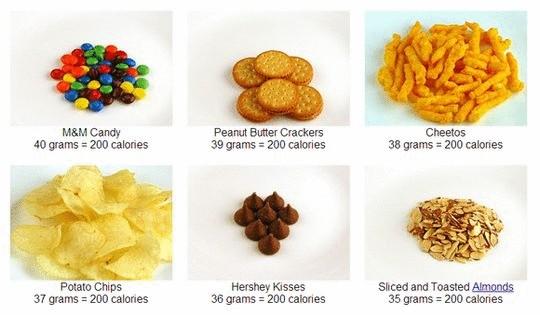
Let's first understand the origin of the heat. Heat is the energy that is produced by the combustion of fuel. It is no secret that the man gets his energy from foods. In the digestive system is processing food, their combustion. And due to this energy is carried out many vital processes.
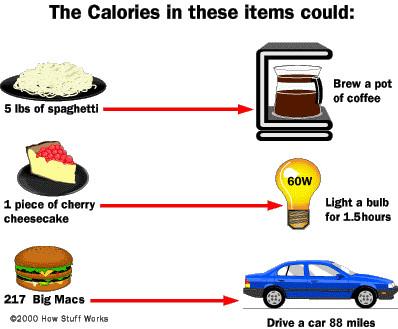
To maintain vitality different people need different amount of calories. An adult an average of two to three thousand calories a day and leading an active lifestyle, athletes – 4000. The child needs more calories than an elderly person. We say "need the calories", meaning that the body should receive a certain amount of energy.
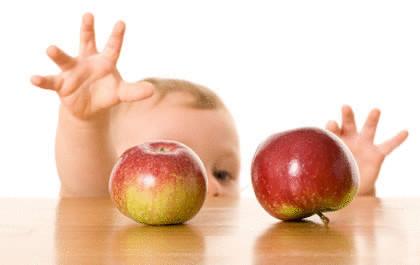
But imagine that the person does not lead an active lifestyle, but eats high-calorie foods, ie. products, which when burned give a lot of energy. During digestion the products inevitably burn, and the energy is distributed across the body. But in our example, the person does not use all the energy and she can't get out of the body, because it is not some substance, and energy. And so this energy is stored as body reserve in the form of the fat, which is so feared by many sitting on a diet.
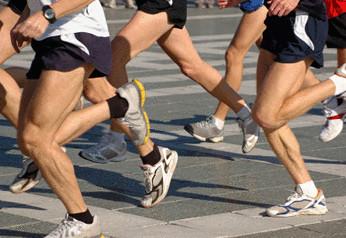
Interesting facts about calories or how we teram energy:
Make the bed. Spent 60 calories.
Dust, vacuum, wash floors. Spent 250 calories.
Manually wash one window in the room. Spend 50 calories.
Ironing standing. Spent 100 calories.
Prepare a traditional lunch (first, second and third). Spent 60 calories.
Make the trek from store to store at a fast pace. Spent 100 calories.
Jog (half an hour). Spent 600 calories.
Dig up 2 beds (half a meter per meter). Spent 500 calories.
A healthy night's sleep. Spent 70 calories.
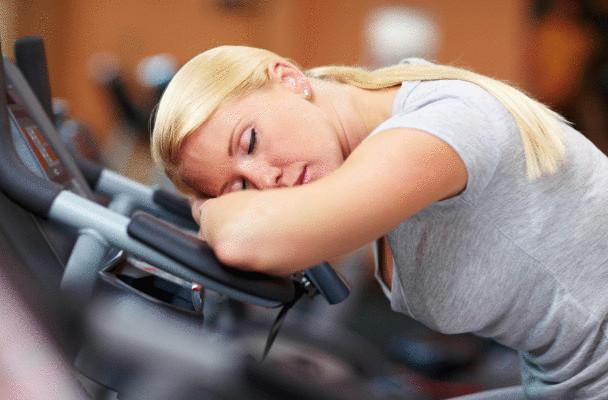
img src=
Source: /users/42

Calorie is not a substance, not a vitamin, not a protein and not fat. Calorie is the amount of heat needed to raise 1 gram of water by 1 degree Celsius. A kilocalorie is one thousand calories. Calorie is just a unit of measure, and from it we gain weight I can not, as many believe. But the connection is still there.

Let's first understand the origin of the heat. Heat is the energy that is produced by the combustion of fuel. It is no secret that the man gets his energy from foods. In the digestive system is processing food, their combustion. And due to this energy is carried out many vital processes.

To maintain vitality different people need different amount of calories. An adult an average of two to three thousand calories a day and leading an active lifestyle, athletes – 4000. The child needs more calories than an elderly person. We say "need the calories", meaning that the body should receive a certain amount of energy.

But imagine that the person does not lead an active lifestyle, but eats high-calorie foods, ie. products, which when burned give a lot of energy. During digestion the products inevitably burn, and the energy is distributed across the body. But in our example, the person does not use all the energy and she can't get out of the body, because it is not some substance, and energy. And so this energy is stored as body reserve in the form of the fat, which is so feared by many sitting on a diet.

Interesting facts about calories or how we teram energy:
Make the bed. Spent 60 calories.
Dust, vacuum, wash floors. Spent 250 calories.
Manually wash one window in the room. Spend 50 calories.
Ironing standing. Spent 100 calories.
Prepare a traditional lunch (first, second and third). Spent 60 calories.
Make the trek from store to store at a fast pace. Spent 100 calories.
Jog (half an hour). Spent 600 calories.
Dig up 2 beds (half a meter per meter). Spent 500 calories.
A healthy night's sleep. Spent 70 calories.

img src=
Source: /users/42







